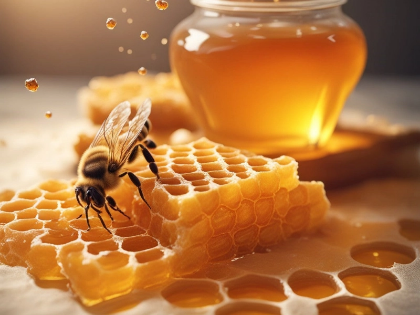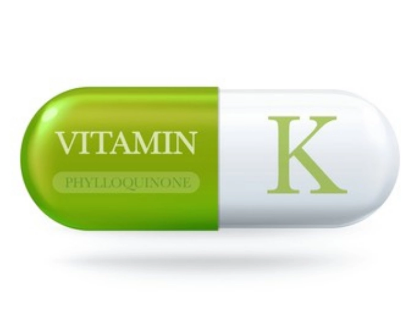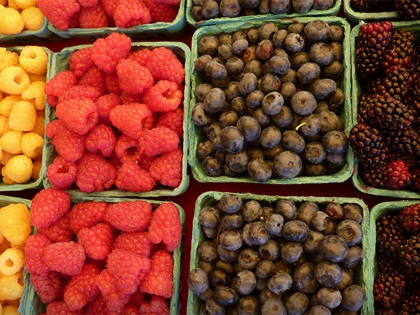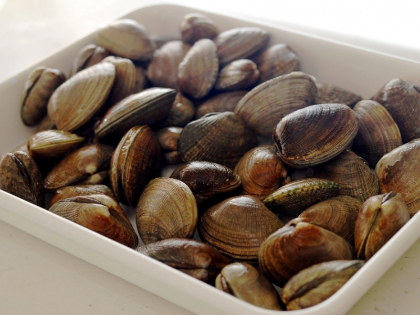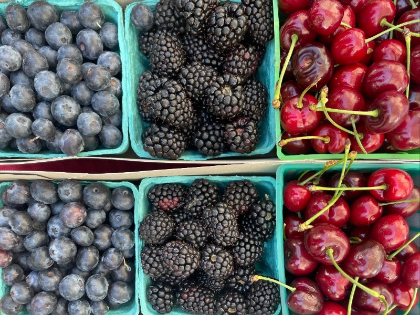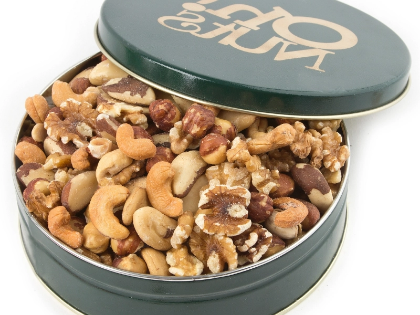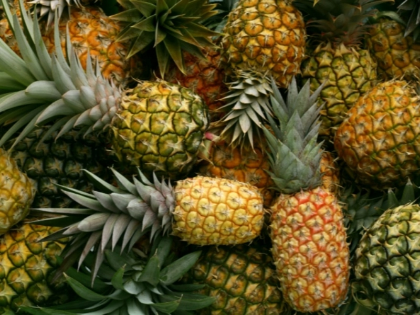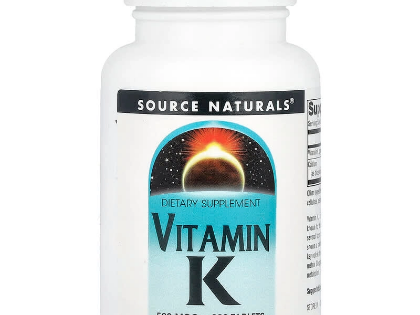Broccoli: A Nutrient-Dense Option for Vegetarians and Vegans
Particularly for individuals on vegetarian and vegan diets, broccoli is sometimes described as a superfood. Packed with antioxidants, fibre, and vital nutrients, this vivid green vegetable provides a great spectrum of health advantages. From promoting heart health to increasing immunity, broccoli is a flexible component that may improve many meals. A must-have in any plant-based diet, this article investigates the nutritional profile of broccoli, its health advantages, culinary uses, and strategies for maximising its nutritional worth.
1.Broccoli's nutritional profile
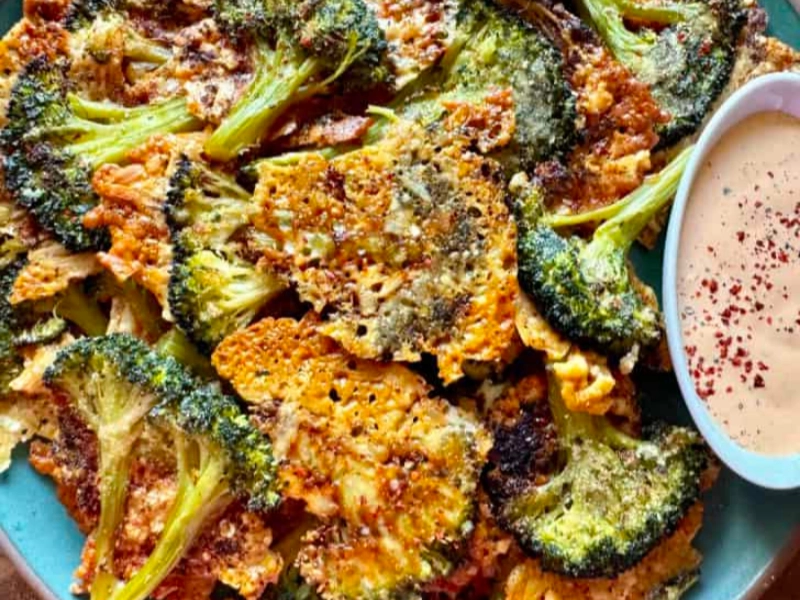
2. Broccoli's Health Value
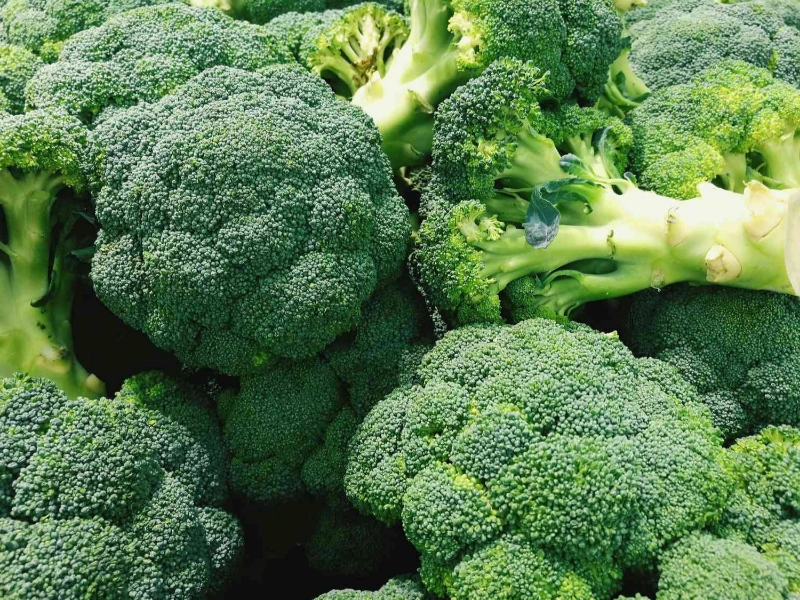 Broccoli is a great addition to any diet as its health advantages are rather wide. It's possible to lower the risk of chronic diseases like some kinds of cancer and heart disease, which is one of the most important benefits. Broccoli's antioxidants fight oxidative stress, which could cause persistent inflammation and cell damage.
Studies on broccoli's components—especially sulforaphane—have revealed that by stopping cancer cells' proliferation and encouraging bodily detoxification, the substances may have preventive effects against the disease. Furthermore, broccoli's great fibre content maintains good blood pressure and helps to reduce cholesterol, therefore supporting heart health.
Moreover, broccoli's minerals and vitamins support general immune system performance, thereby enabling the body to fight infections and diseases. Broccoli is a well-rounded vegetable for increasing general well-being since regular consumption of it can also help digestion and boost good skin.
Broccoli is a great addition to any diet as its health advantages are rather wide. It's possible to lower the risk of chronic diseases like some kinds of cancer and heart disease, which is one of the most important benefits. Broccoli's antioxidants fight oxidative stress, which could cause persistent inflammation and cell damage.
Studies on broccoli's components—especially sulforaphane—have revealed that by stopping cancer cells' proliferation and encouraging bodily detoxification, the substances may have preventive effects against the disease. Furthermore, broccoli's great fibre content maintains good blood pressure and helps to reduce cholesterol, therefore supporting heart health.
Moreover, broccoli's minerals and vitamins support general immune system performance, thereby enabling the body to fight infections and diseases. Broccoli is a well-rounded vegetable for increasing general well-being since regular consumption of it can also help digestion and boost good skin.
3. Broccoli's Culinary Applications
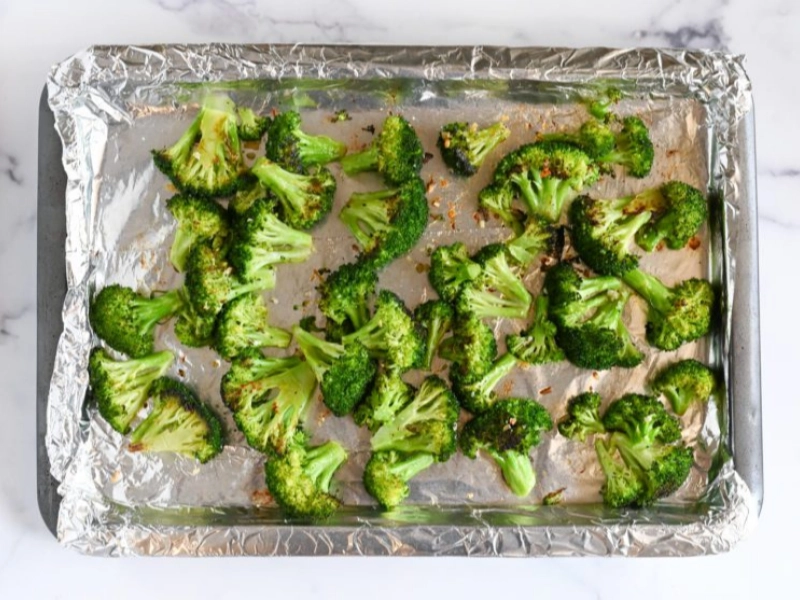 Vegetarians and vegans particularly like broccoli's adaptability in the kitchen. It can be eaten raw or cooked and included in a great variety of cuisines. Broccoli may provide taste and nutrients to your meals whether your preferred method is steamed, roasted, stir-fried, or mixed into smoothies.
Including broccoli in salads is a common approach to appreciate it, as its crunchiness accentuates other vegetables and grains. It's also a healthy addition in soups, casseroles, and pasta recipes. For people who love Asian food, broccoli is a main component in stir-fries; it goes great with tofu and other veggies.
Perfect cooking of broccoli will help to maximise its health advantages. One of the better techniques is steaming since it tenderises it and preserves its nutrients. Finding the proper balance is absolutely vital since overcooking might cause nutritional loss. Trying several cooking techniques and recipes can help you find fresh approaches to savour this vitamin-dense vegetable.
Vegetarians and vegans particularly like broccoli's adaptability in the kitchen. It can be eaten raw or cooked and included in a great variety of cuisines. Broccoli may provide taste and nutrients to your meals whether your preferred method is steamed, roasted, stir-fried, or mixed into smoothies.
Including broccoli in salads is a common approach to appreciate it, as its crunchiness accentuates other vegetables and grains. It's also a healthy addition in soups, casseroles, and pasta recipes. For people who love Asian food, broccoli is a main component in stir-fries; it goes great with tofu and other veggies.
Perfect cooking of broccoli will help to maximise its health advantages. One of the better techniques is steaming since it tenderises it and preserves its nutrients. Finding the proper balance is absolutely vital since overcooking might cause nutritional loss. Trying several cooking techniques and recipes can help you find fresh approaches to savour this vitamin-dense vegetable.
4. Broccoli and digestive health
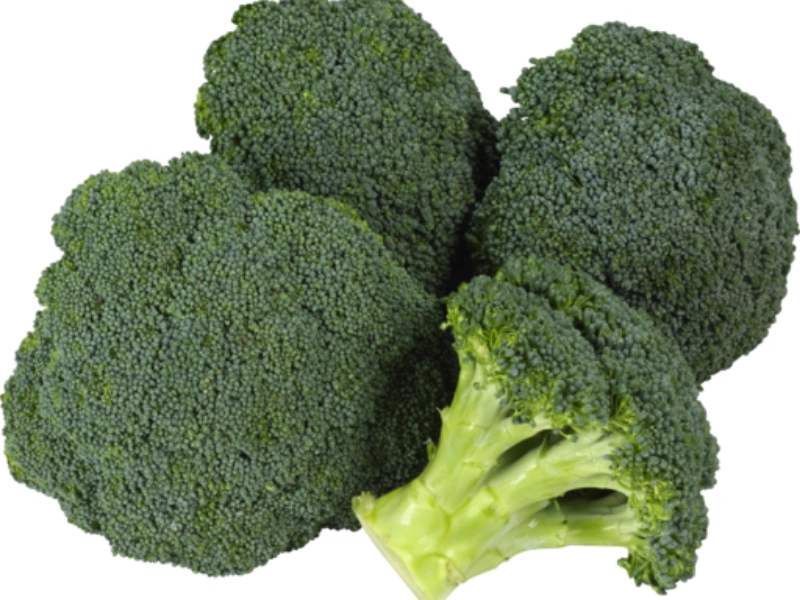 Apart from being a food high in nutrients, broccoli is a great friend for digestive health. Its great fibre count is absolutely essential for preventing constipation and encouraging frequent bowel movements. Particularly crucial for those on plant-based diets who may need more fibre, fibre gives the stool more weight and facilitates digestive tract passage.
Apart from promoting digestion, broccoli's fibre maintains a good gut flora. Overall health depends on a varied and healthy gut microbiota since it affects the immune system, digestion, and nutrient absorption. Broccoli's prebiotic fibres might feed good gut bacteria, therefore fostering a healthy digestive environment.
Furthermore helpful for persons with digestive problems are broccoli's antioxidants and anti-inflammatory properties, which assist in lowering gastrointestinal irritation. Including broccoli in your diet will help you support your general well-being and digestive system.
Apart from being a food high in nutrients, broccoli is a great friend for digestive health. Its great fibre count is absolutely essential for preventing constipation and encouraging frequent bowel movements. Particularly crucial for those on plant-based diets who may need more fibre, fibre gives the stool more weight and facilitates digestive tract passage.
Apart from promoting digestion, broccoli's fibre maintains a good gut flora. Overall health depends on a varied and healthy gut microbiota since it affects the immune system, digestion, and nutrient absorption. Broccoli's prebiotic fibres might feed good gut bacteria, therefore fostering a healthy digestive environment.
Furthermore helpful for persons with digestive problems are broccoli's antioxidants and anti-inflammatory properties, which assist in lowering gastrointestinal irritation. Including broccoli in your diet will help you support your general well-being and digestive system.
5. Broccoli as a Vegetable-Based Protein Source
Finding enough protein is crucial for vegetarians and vegans; hence, broccoli can help them in this regard. Although broccoli lacks a complete protein on its own, among other vegetables it has a noteworthy protein content. About 4 grams of protein are found in a cup of cooked broccoli, so helping you meet your daily protein needs. Combining broccoli with other plant-based protein sources—such as lentils, nuts, seeds, and whole grains—helps one maximise protein intake. For a well-rounded meal with all the necessary amino acids your body needs, for instance, toss broccoli into a quinoa salad or a chickpea stir-fry. Making sure you satisfy your dietary needs depends on including a range of protein sources. Any plant-based diet would benefit from broccoli's high protein level together with its vitamins, minerals, and fibre.
6. Advice on Choosing and Keeping Broccoli Fresh
Choosing and storing broccoli correctly will help you to really enjoy its benefits. Look for strong, brilliant green florets free of yellowing or wilting when shopping for broccoli. Fresh broccoli should have securely closed florets and feel weighty for its size. Steer clear of broccoli that smells strongly or has dark stains since these could point to spoiling. Fresh broccoli should be chosen, then properly stored to preserve its nutritious value. Store unwashed broccoli in the crisper drawer of the refrigerator in a perforated plastic bag. This extends freshness and helps preserve moisture. For maximum taste and nutrition, ideally eat broccoli one week from purchase. Store leftovers of cooked broccoli in an airtight container in the refrigerator and eat them within a few days. Broccoli can also be frozen for extended use; blanch it first to maintain its nutrition and colour before packing it into freezer bags. These guidelines will help you to make sure your broccoli stays nutrient-dense and fresh for your meals.

